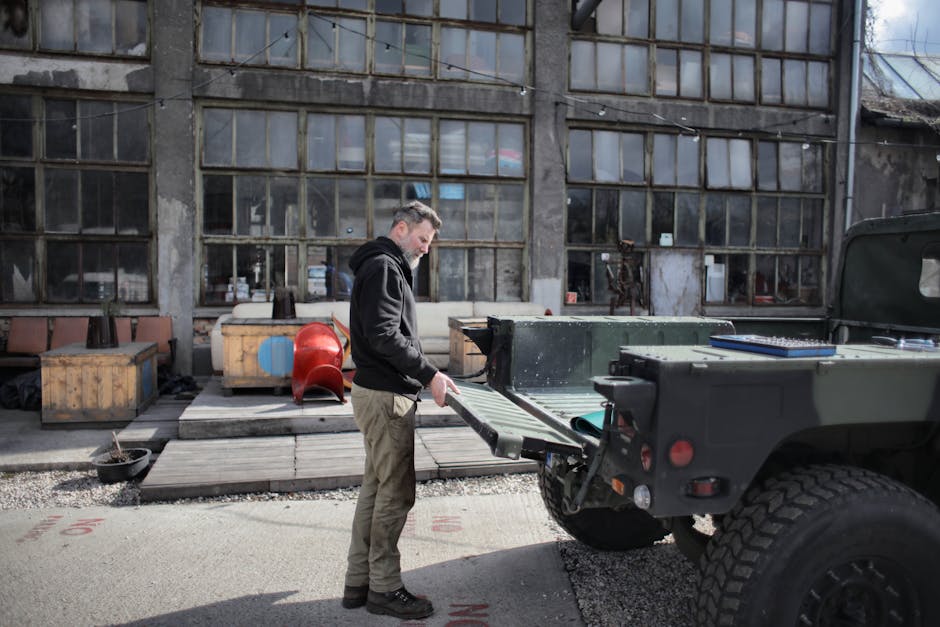The Importance of Regular HVAC System Check-Ups

Regular check-ups for HVAC (Heating, Ventilation, and Air Conditioning) systems are essential for maintaining optimal performance and ensuring energy efficiency. These systems play a critical role in regulating indoor temperatures and providing a comfortable living environment. Neglecting routine maintenance can lead to increased energy bills, frequent breakdowns, and reduced lifespan of the system.
Importance of Energy Efficiency
Energy efficiency is a major benefit of regular HVAC system check-ups. A well-maintained HVAC system operates more efficiently, consuming less energy and reducing monthly utility bills. According to the U.S. Department of Energy, homeowners can save up to 30% on their energy bills by keeping their HVAC systems in peak condition. This not only helps in saving money but also contributes to environmental sustainability by reducing carbon emissions.
During routine maintenance, technicians clean and replace air filters, check refrigerant levels, and ensure all components are working correctly. Dirty or clogged filters can obstruct airflow, forcing the system to work harder and consume more energy. By addressing these issues promptly, regular maintenance keeps the system running smoothly and efficiently.
Additionally, energy-efficient HVAC systems often qualify for rebates and incentives from utility companies and government programs. These financial benefits can offset the costs of regular maintenance, making it a cost-effective investment in the long run.
Preventing Costly Repairs
Another significant advantage of regular HVAC check-ups is the prevention of costly repairs. Small issues can quickly escalate into major problems if left unaddressed. For instance, a minor refrigerant leak can lead to compressor failure, which is one of the most expensive components to replace in an HVAC system.
Routine inspections allow technicians to identify and fix minor issues before they become serious. This proactive approach helps avoid unexpected breakdowns and extends the lifespan of the system. The cost of regular maintenance is relatively low compared to the expense of major repairs or complete system replacements.
An HVAC system that receives regular check-ups is also less likely to experience sudden failures during extreme weather conditions. This reliability ensures consistent comfort throughout the year, regardless of seasonal changes.
Improving Indoor Air Quality
Indoor air quality is another crucial aspect influenced by regular HVAC maintenance. Poor air quality can lead to health issues such as allergies, asthma, and respiratory infections. A neglected HVAC system can accumulate dust, mold, and other contaminants that circulate throughout the living space.
Technicians perform various tasks during maintenance to improve indoor air quality:
- Cleaning Ducts: Dust and debris in ductwork can be a breeding ground for allergens and pollutants.
- Replacing Filters: High-quality air filters trap airborne particles, preventing them from entering the home.
- Checking Ventilation: Proper ventilation ensures fresh air circulation and reduces indoor pollutants.
Maintaining good indoor air quality is especially important for households with young children, elderly members, or individuals with respiratory conditions. Regular check-ups help create a healthier living environment by ensuring clean and fresh air circulation.
Extending System Lifespan
The longevity of an HVAC system heavily depends on how well it is maintained. Regular check-ups play a vital role in extending the lifespan of these systems. According to industry experts, an HVAC system that receives consistent maintenance can last up to 15-20 years, compared to 10-12 years for those neglected.
A typical maintenance schedule includes tasks such as lubricating moving parts, tightening electrical connections, and inspecting thermostats. These activities prevent wear and tear on critical components and ensure smooth operation over time.
The following table highlights some common maintenance tasks performed during regular check-ups:
| Maintenance Task | Description | Frequency |
|---|---|---|
| Filter Replacement | Replacing dirty or clogged filters | Every 1-3 months |
| Duct Cleaning | Removing dust and debris from ducts | Every 2-5 years |
| Refrigerant Check | Ensuring proper refrigerant levels | Annually |
| Thermostat Calibration | Checking and adjusting thermostat settings | Annually |
| Lubrication | Lubricating moving parts to reduce friction | Annually |
This proactive approach helps avoid unnecessary strain on the system's components, ensuring they function efficiently for an extended period. Homeowners who invest in regular check-ups often find their systems performing optimally even after many years of use.
The importance of regular HVAC system check-ups cannot be overstated. They ensure energy efficiency by keeping systems operating smoothly and preventing unnecessary energy consumption. Routine maintenance also helps identify small issues before they escalate into costly repairs, offering both financial savings and peace of mind. Moreover, maintaining good indoor air quality through regular check-ups creates a healthier living environment for all household members.
A well-maintained HVAC system enjoys an extended lifespan compared to one that is neglected. Investing in regular check-ups pays off in the long run by providing consistent comfort throughout the year while avoiding unexpected breakdowns during extreme weather conditions. Homeowners should prioritize these routine inspections as a crucial part of their home maintenance regimen.
